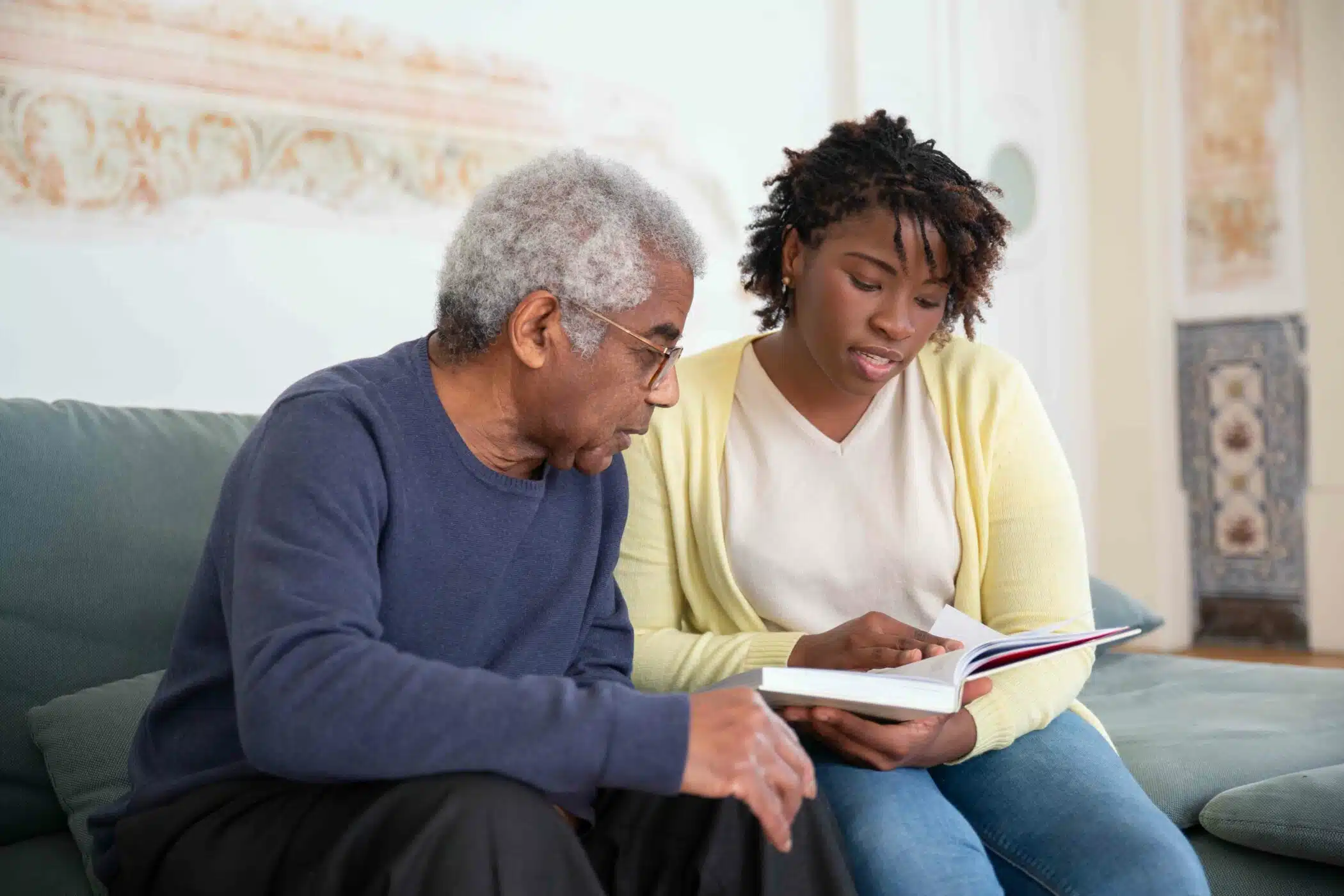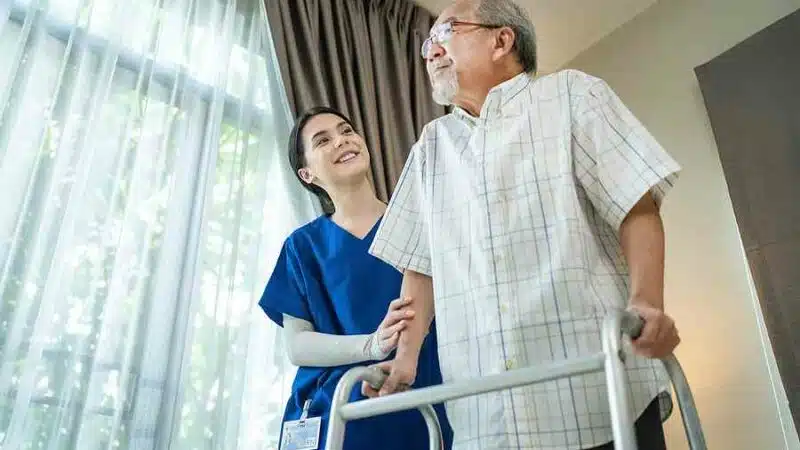Treatment For ADHD in Adults & Elderly

ADHD is a neurodevelopmental condition that influences the individual’s behavior. The disorder causes the person to act hyperactively and act impulsively.
Whilst often associated with children, the condition can also be found in older adults.
Adults with ADHD struggle to concentrate on a particular task, which causes them to have less productivity.
Low performance causes the individual to fall behind academically, socially, and professionally.
Untreated ADHD can lead to anxiety and correlating problems.
Treatment for adult ADHD isn’t always readily available, however its is actually possible to seek professional help for guidance regarding ADHD treatment in Dubai.
The therapist will conduct tests to understand the severity of the condition and provide information regarding therapies to manage the symptoms and live a quality life.
Understanding the Symptoms of ADHD in Adults
The common symptoms of ADHD among adults are:
Difficulty Focusing
Adults with ADHD struggle to focus on a particular task. The loss of interest and inability to complete the previous tasks causes poor performance.
The individual fails to concentrate on important tasks related to personal and professional life, which increases anxiety.
Forgetfulness
Individuals with ADHD have a habit of forgetting information regarding dates and work tasks.
Adults struggling with ADHD are at a higher risk of having a poor relationship with their spouse, siblings, colleagues, and children due to forgetfulness.
Impulsivity
The person struggles to act rationally to resolve conflicts and complete tasks. Impulsivity and hyperactivity force the individual to suffer in social, personal, and professional aspects of life.
Mood Swings
The caregivers, family members, and peers notice that the person exhibits signs of mood swings, which affects their ability to communicate and make rational decisions.
Difficulty Managing Stress
The inability to manage relationships and work increases anxiety and stress. People with ADHD have poor sleep patterns, which affects physical and mental health.
Irritability
The person easily gets agitated and fails to gain control over their emotions.
Poor Organizational Skills
ADHD causes the person to remain hyperactive, which leads to poor organizational skills. The person fails to prioritize important personal and professional work.
It increases the chances of conflicts and decreases the possibility of getting a promotion.
Edginess
Stress, anxiety, communication barrier, and poor productivity cause the person to remain irritable.
Correlating Mental Health Problems
The person diagnosed with ADHD requires timely treatment to avoid further complications. The therapist will conduct a psychological assessment to evaluate the condition and other mental health illnesses that can cause further behavioral problems.
The correlating mental health problems are:
Obsessive Behavioral Disorder
The disorder causes the person to have obsessive thoughts, which leads to compulsive behavior. It affects behavior and relationships.
Thus, spouses and other family members must exhibit support to enhance their thought processes and cope with the symptoms.
Mood Disorder
Adults with ADHD are more likely to suffer from bipolar disorder, which causes one to suffer from extreme mood swings. It affects the relationship at home and the workplace
Personality Disorder
The individual struggles to gain control over their emotions. The lack of support and the inability to become proactive can increase the chances of suffering from a personality disorder. It affects the way one thinks about themselves.
Effective Treatment Options for Adults & Elderly with ADHD
The adults diagnosed with ADHD in later years are more likely to suffer extensively.
However, the combinational use of medicines, therapy, and lifestyle changes are proven effective in managing the symptoms and living healthily with a sense of contentment. The treatment options include:
Medication
The medications for ADHD include; methylphenidate, lisdexamfetamine, dexamphetamine, atomoxetine, and guanfacine.
They help the person to concentrate better, control impulsivity and manage stress. However, the medications show the optimum result when the adult opts for therapy and learns skills to control emotions and deal with day-to-day problems.
It is necessary to seek guidance from a psychiatrist before consuming medications to avoid complications. The medications for ADHD have side effects; hence, one must talk to their therapist regarding other physical and psychological health problems in detail before taking medications.
Also, the person must avoid self-medication as it can lead to other issues and affect their behavior.
Psych education
Adults may struggle to understand their condition and accept that they will have to live it for the rest of their life.
The aim of psych education is to enable the person to accept reality and focus on the treatments that will enhance functioning and reduce complications.
Lifestyle Modifications
Lifestyle modifications are proven effective in dealing with the symptoms of ADHD. The lifestyle changes that allow the adult diagnosed with ADHD to become productive, and content includes:
Focusing on Sleep Patterns
Impulsive thoughts affect the sleep pattern of adults. It causes lethargy and irritability in the morning. Therefore, it is best to eliminate distractions, avoid consuming caffeine at night and set a bedtime routine.
Dietary Changes and Use of Supplements
Focusing on the diet and consuming balanced nutritional foods can help regulate the symptoms. Adults diagnosed with ADHD must consume a balanced diet at the appropriate time.
Also, the person must avoid sugar and caffeine, as they can trigger mood swings. Sugar causes hyperactivity, which leads to behavioral problems.
Additionally, it is necessary to take a supplement to meet the nutritional needs of the body to function adequately without behavioral problems.
Engaging in Physical Activities
Tai chi is a form of yoga, which allows the person to learn relaxation techniques to become mentally aware.
It helps reduce hyperactivity and impulsivity, thus, adults with ADHD should join a yoga class to manage the symptoms of ADHD and reduce the probability of suffering from correlating problems.
Cognitive Behavioral Therapy
People who make irrational, impulsive decisions that affect their chances of thriving in their personal and professional life require a change in their mindset.
Cognitive behavioral therapy helps the person focus on solutions and control emotions. It allows the person to change their thought process and act rationally.
Moreover, it helps the person become aware of their feelings. The therapist will help the person learn relaxation techniques such as deep breathing.
Deep breathing and mindfulness help the person focus on the situation and act rationally without becoming hyperactive or aggressive.





